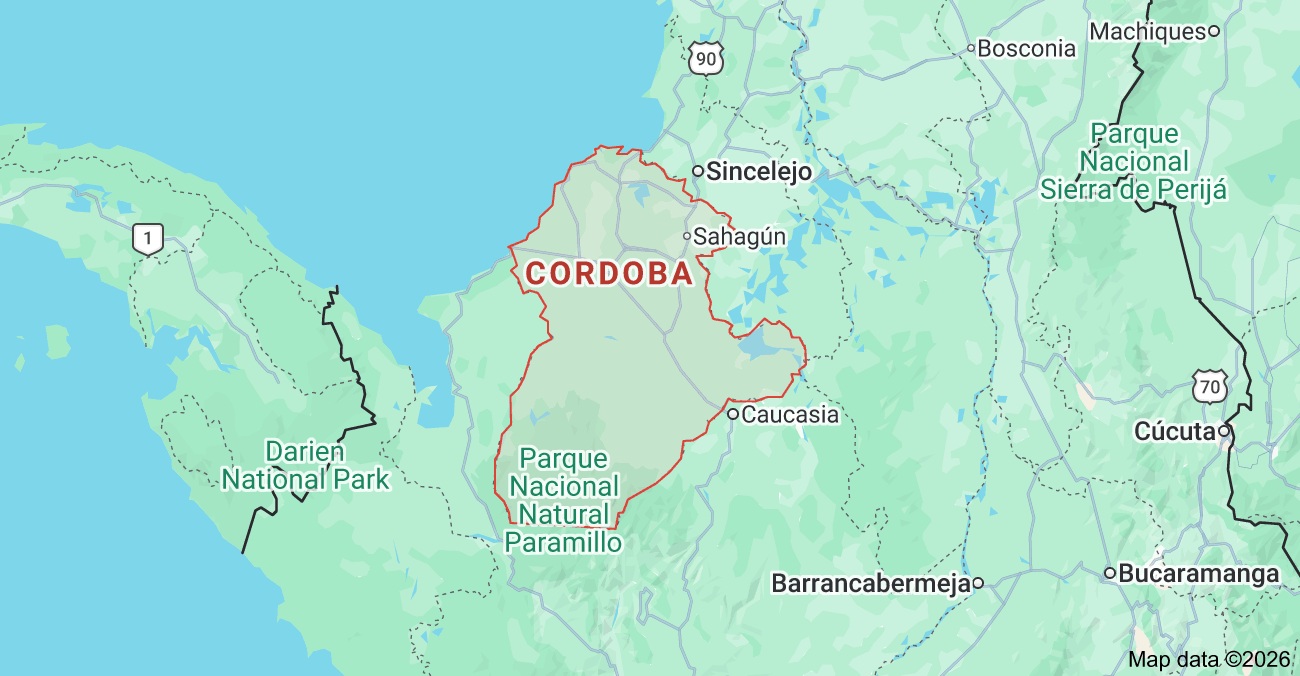Panama Heart Disease: The Silent Pandemic
Every year, about 3,500 Panamanians die from these diseases. 80% of those affected do not detect their condition in time.

Every year, 3,500 Panamanians die from cardiovascular disease, a true silent pandemic that, alarmingly, also affects young people. This is a major challenge for the country, said Yadira Roquebert pictured below, president of the Hearts That Beat Foundation, who emphasized that these diseases are the leading cause of death in Panama, accounting for 30% of all deaths. Most worrying, she added, is that 80% of those affected don’t detect their condition in time, due to silent illnesses such as hypertension, diabetes, stress, and anxiety, which affect the heart without showing obvious symptoms. According to Roquebert, risk factors include a sedentary lifestyle, an unhealthy diet, excessive alcohol consumption, and a lack of regular medical checkups.

September, in commemoration of World Heart Day, is the month dedicated to raising awareness about the importance of cardiovascular care. For this reason, the Hearts That Beat Foundation is launching its eighth annual preventive health event in collaboration with private clinics, offering affordable cardiology screenings until September 30th. Citizens can access tests such as electrocardiograms, echocardiograms, Holter monitors, stress tests, and other services by booking an appointment at 277-5089 or 6518-1918. “During the rest of the year, we continue offering preventive clinics and screenings at affordable prices for patients,” she concluded.
For its part, the Ministry of Health (MINSA) reiterates that cardiovascular disease remains the leading cause of death in Panama and promotes healthy habits such as good nutrition, physical activity, stress management, and rest. Prevention and early diagnosis are essential to curbing this silent and lethal pandemic. In 2023, it was estimated that between five and seven heart attacks occurred daily in the country. To address this crisis, the Social Security Fund (CSS) implemented the Heart Attack Alert program in July of this year, ensuring prompt, accurate, and caring care for every insured person with a cardiac emergency. Every year, 3,500 Panamanians die from cardiovascular disease, a true silent pandemic that, alarmingly, also affects young people.
This is a major challenge for the country, said Yadira Roquebert, president of the Hearts That Beat Foundation, who emphasized that these diseases are the leading cause of death in Panama, accounting for 30% of all deaths. Most worrying, she added, is that 80% of those affected don’t detect their condition in time, due to silent illnesses such as hypertension, diabetes, stress, and anxiety, which affect the heart without showing obvious symptoms. According to Roquebert, risk factors include a sedentary lifestyle, an unhealthy diet, excessive alcohol consumption, and a lack of regular medical checkups. September, in commemoration of World Heart Day, is the month dedicated to raising awareness about the importance of cardiovascular care.
For this reason, the Hearts That Beat Foundation is launching its eighth annual preventive health event in collaboration with private clinics, offering affordable cardiology screenings until September 30th. Citizens can access tests such as electrocardiograms, echocardiograms, Holter monitors, stress tests, and other services by booking an appointment at 277-5089 or 6518-1918 . “During the rest of the year, we continue offering preventive clinics and screenings at affordable prices for patients,” she concluded.
For its part, the Ministry of Health (MINSA) reiterates that cardiovascular disease remains the leading cause of death in Panama and promotes healthy habits such as good nutrition, physical activity, stress management, and rest. Prevention and early diagnosis are essential to curbing this silent and lethal pandemic. In 2023, it was estimated that between five and seven heart attacks occurred daily in the country. To address this crisis, the Social Security Fund (CSS) implemented the Heart Attack Alert program in July of this year, ensuring prompt, accurate, and caring care for every insured person with a cardiac emergency.





